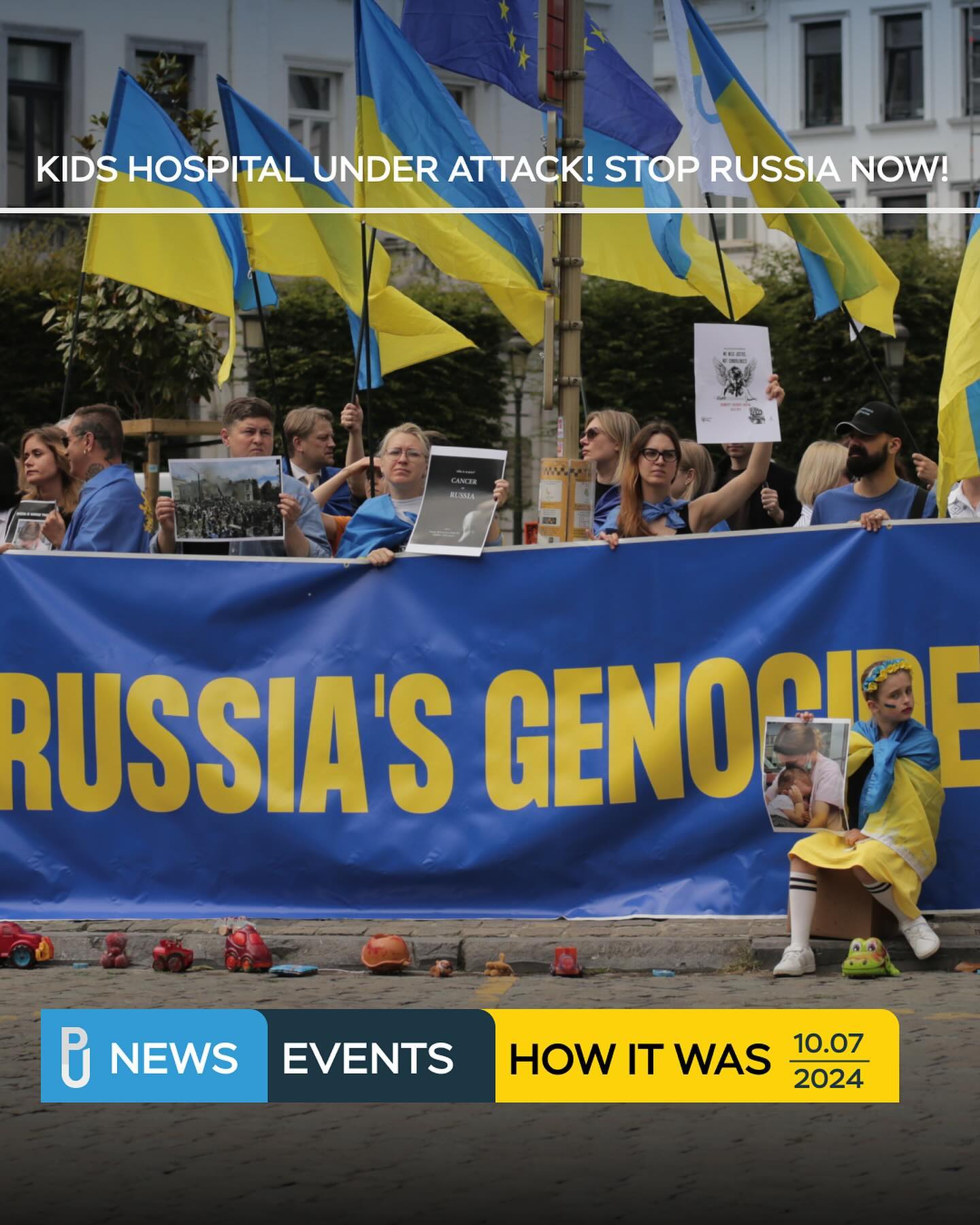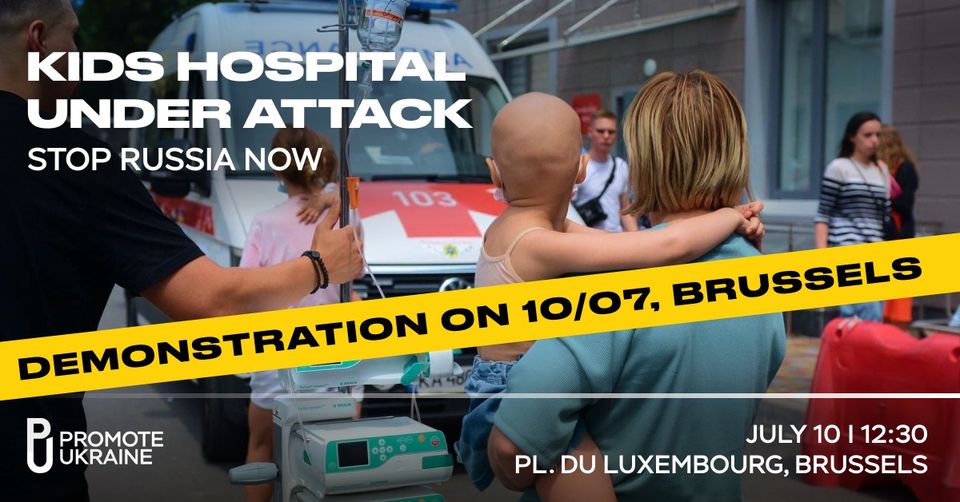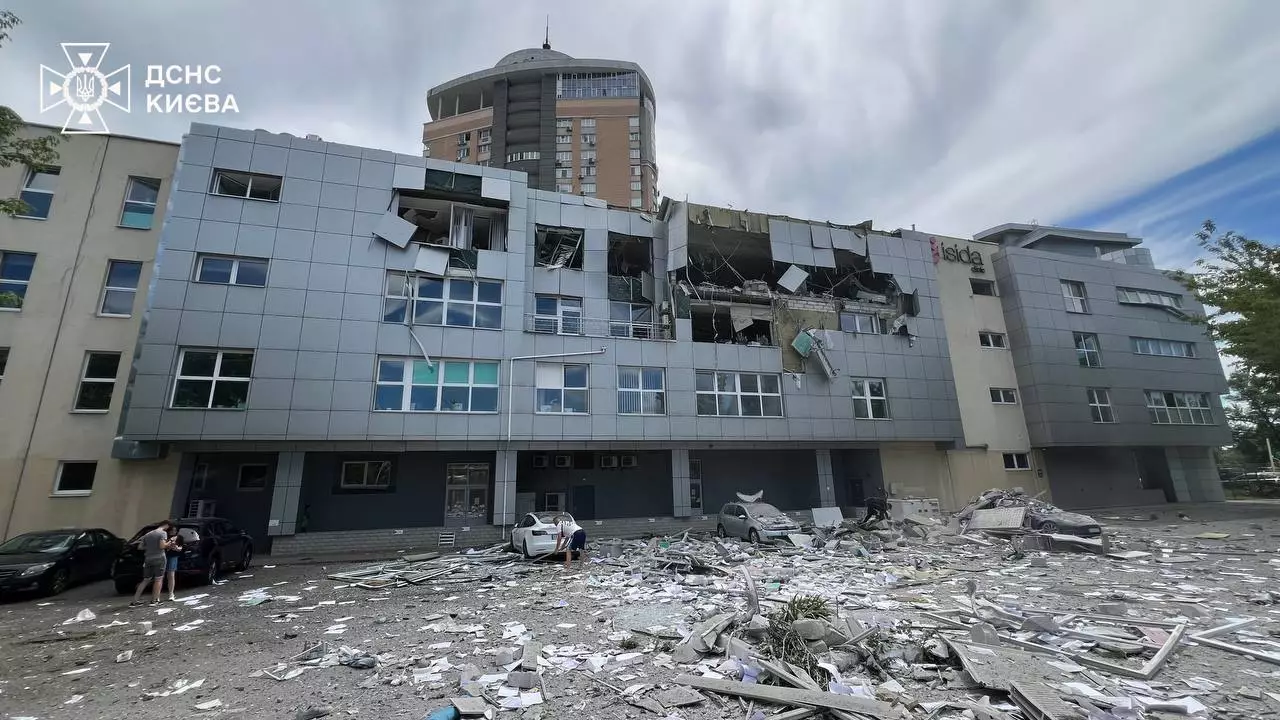European parliamentarians strongly condemn the continuous human rights violations by state authorities in Belarus. In a debate in the European Parliament, MEPs and experts discussed the international efforts to investigate human rights abuses and seek justice for victims in Belarus. They tried to find a solution to resolve the situation in this country.
After the rigged presidential elections in Belarus, little is changed in the political system. Aliaksander Lukashenka claims to remain the last dictator of Europe. His regime roughly violates many of the basic human rights, freedom of expression, and right to peaceful assembly. The political authorities continue to produce systematic abuse against Belarusians. They deny the opposition views despite the sanctions, strikes and other factors that affect the economic situation in Belarus. In spite of the power of resistance, the regime continues to exist.
According to many experts, there is an algorithm that might help to overcome the crisis – the Moscow mechanism. This procedure might have been established a mission in Belarus, which will monitor the observance of human rights and freedoms. One of the speakers was Wolfgang Benedek, rapporteur for the OSCE report under the Moscow Mechanism on alleged human rights violations related to the presidential elections in Belarus. He noted that attempts to implement this project in Belarus were already made in 2011, but ended with failure due to Lukashenka’s refusal of the mission.
Benedek puts forward his recommendations to the Belarusian authorities: to organise new fair and transparent presidential elections, in which international observers could participate, to stop the violence against peaceful protesters and to release all political prisoners.
It is worth remembering how many people suffered from the regime. Since the election day in August, the number of protesters has been growing steadily. Along with the mobilisation potential of the opposition movement, the number of detainees also increased. According to the Belarusian Ministry of Internal Affairs, the number of detainees since 9 August is more than 28,000. About two-thirds of them were sentenced to 15-day detention. Also, one should not forget about the context of the conflict in Belarus, the Covid-19 pandemic. About 80% of detainees in Belarus have symptoms of the disease. Unfortunately, the reprisal institutes’ administration does not help in preventing the virus, but on the contrary helps to spread it, in most of the detention centres wearing medical masks or using any sanitary means is prohibited.
However, the virus and arrests are not the only things that Belarusians suffer from. The practice of political persecution, intimidation of citizens, and media censorship are actively spreading in Belarus. The authorities are intimidating the population to prevent the protest mobilisation, says Eugenia Andreyuk, a human rights lawyer and expert on the International Committee on Investigation of Torture. In her report, she noted that peaceful protesters are often persecuted. She recalls a case of the murder of Raman Bandarenka, an activist who was killed by the police. According to her, the doctor who revealed the medical aspects of Raman’s death is now on trial, as well as the journalist who was the first to cover the tragedy of Bandarenka’s death. Criminal cases are filed against these people. They are both facing imprisonment.
Many people are disappointed with both the results of the protests in Belarus and the EU support of Belarus. “The actions that the EU member-states take against Lukashenka’s regime are insufficient,” said the Polish MEP Robert Biedron (Social Democrats Group). He thinks that the EU policy towards Belarus brings only disappointments, despite the high expectations of Belarusian citizens. He believes that the EU should strengthen sanctions against the regime, facilitate international investigations into its crimes. Another MEP, Lithuanian Andrius Kubilius (EPP group), is offering to implement a so-called investigation centre that will collect evidence of the regime’s crimes, thus paving the way for a future trial against the perpetrators of the political crisis.
MEP Petras Auštrevičius (Lithuania, Renew Europe group) mentioned in his speech: “I based my personal approach towards Belarus on three S – solidarity, support and sanctions. Standing solidarity should bring us to more support, especially to civic society and those institutions which act on the ground.”
According to him, assistance to the state in democratisation and spreading values of democracy plays a role no less important than economic sanctions.
So, experts have suggested several scenarios for resolving the conflict in Belarus:
– holding presidential elections again
– increasing the sanctions against the regime
– increasing solidarity and, as a consequence, an increase in the scale of support for the protest.
Which option do you support? Рlease tell us here
Denys Dzyubinskyi






 UA
UA FR
FR DE
DE




